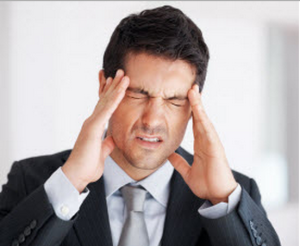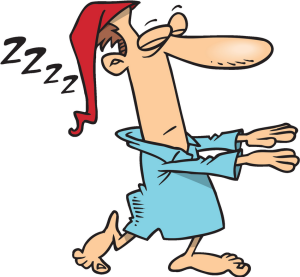Dogs are know as being man’s best friend. Everyone who owns a dog knows the feeling of having their four legged friend run up to them with their wet noses nudging on their leg begging for a head scratch and how their tales wag tirelessly out of joy when in our presence. But other than those moments, our dogs do so much more for us. Studies have shown that dog owners have lower blood pressure and help children get over allergies. They also are able of relieving stresses from an individual.
Recently, there have been multiple observant studies done at locations such as at the University of Missouri – Columbia how have noticed hormonal changes in individuals dealing with depression and large amount of stress. Studies have shown that after a few minutes of stroking a four legged friend led to the release of “feel good” hormones, including serotonin, oxytocin, and prolactin. In addition, petting our pets lead to a decrease in the amount of the of stress hormone, cortisol.
Throughout the past 20 years or so, there also have been correlations that have been found, all in this NBC News Article. They state d that “In 1995, Erika Friedman at the University of Maryland Hospital conducted a study involving 392 people, which found that heart attack patients with dogs were eight times more likely to be alive a year later than people without dogs.” Also that “In 1999, the State University of New York at Buffalo conducted a study involving 24 stock brokers taking medication for high blood pressure. The researchers found that adding a dog or cat to the stock brokers’ lives helped stabilize and reduce their stress levels.” Although these correlations may not lead to causation, due to the amount of correlations, they may be enough to lead one to believe that dogs are indeed, great stress relievers.
d that “In 1995, Erika Friedman at the University of Maryland Hospital conducted a study involving 392 people, which found that heart attack patients with dogs were eight times more likely to be alive a year later than people without dogs.” Also that “In 1999, the State University of New York at Buffalo conducted a study involving 24 stock brokers taking medication for high blood pressure. The researchers found that adding a dog or cat to the stock brokers’ lives helped stabilize and reduce their stress levels.” Although these correlations may not lead to causation, due to the amount of correlations, they may be enough to lead one to believe that dogs are indeed, great stress relievers.
So as one can see, our dogs do indeed make great stress. It has already been proven that these common household pets posses the ability to reduce an individuals blood pressure as well as now, reduce our stress by increasing our “happy” hormones as well as reduce the amount of our stress hormones. Penn State even offers puppy petting during finals week in to serve as a stress reliever. If you feel too stressed out at times, turn to your pooch for a huge relief.
Sources Used:
http://animalsmart.org/species/dogs/dogs-help-reduce-stress
https://www.purina.com/dogs/getting-a-dog/do-dogs-help-relieve-stress
http://www.health.harvard.edu/blog/therapy-dog-offers-stress-relief-at-work-201107223111
http://www.today.com/health/5-ways-pets-can-ease-your-stress-6C10423970

 Caffeine in coffee is proven to cause a rise in the consumer’s blood pressure and heart rate. An increase in heart rate increases and individual’s chances of obtain a stroke. There are correlations between caffeine consumption and strokes, however correlation does not equal causation.
Caffeine in coffee is proven to cause a rise in the consumer’s blood pressure and heart rate. An increase in heart rate increases and individual’s chances of obtain a stroke. There are correlations between caffeine consumption and strokes, however correlation does not equal causation.
 eakfast can reduce the chances of obesity, there could always be that chance of a third variable. For example, certain individuals that were being observed could of been working out more than others while not at the research center or their breakfast could of been a healthier option as compared to others.
eakfast can reduce the chances of obesity, there could always be that chance of a third variable. For example, certain individuals that were being observed could of been working out more than others while not at the research center or their breakfast could of been a healthier option as compared to others. showed that exposure to light from computer tablets significantly lowered levels of the hormone melatonin, which regulates our internal clocks and plays a role in the sleep cycle. A research study was conducted according to a journal published in Applied Ergonomics in which volunteers used electronics for various amounts of time measuring the amount of eyes their eyes received. They came up with the conclusion that two hours of exposure to bright lights from items such as laptops or tablets reduced melatonin levels in the brain by about 22 percent.
showed that exposure to light from computer tablets significantly lowered levels of the hormone melatonin, which regulates our internal clocks and plays a role in the sleep cycle. A research study was conducted according to a journal published in Applied Ergonomics in which volunteers used electronics for various amounts of time measuring the amount of eyes their eyes received. They came up with the conclusion that two hours of exposure to bright lights from items such as laptops or tablets reduced melatonin levels in the brain by about 22 percent.





